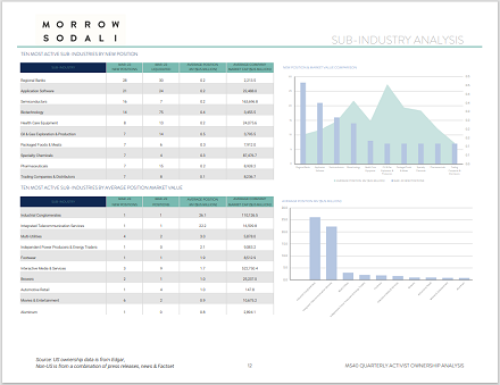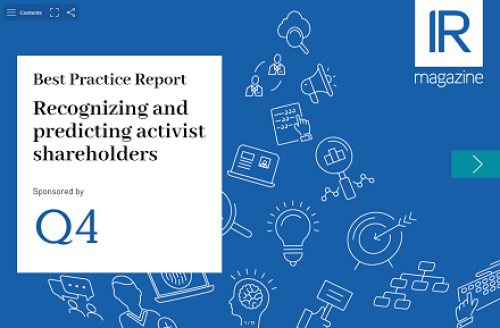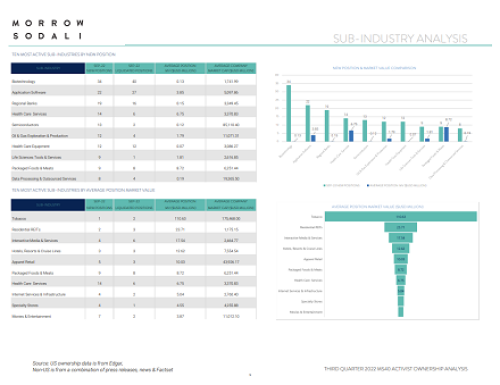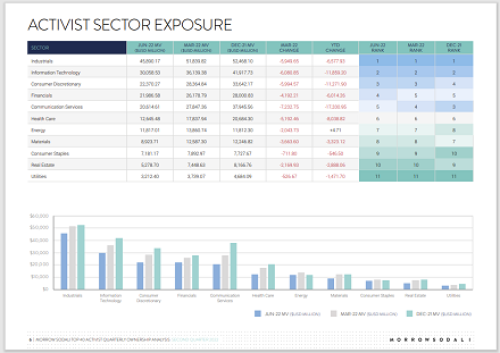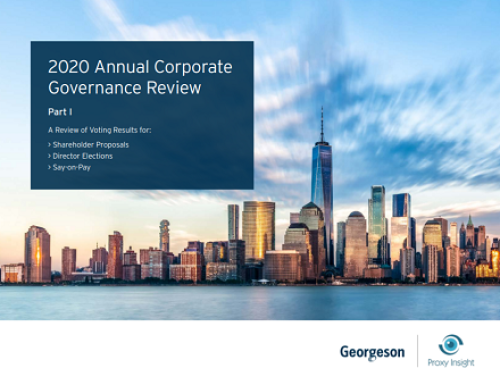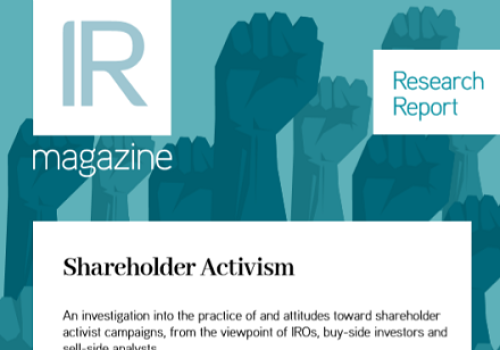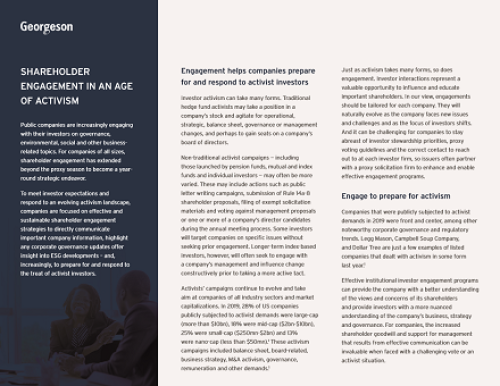The level of inflows to anti-ESG funds, which explicitly oppose investing along ESG principles, has slowed significantly since spiking last year, according to a report from Morningstar.
In the third quarter of 2022, inflows to these funds hit $375 mn – five times greater than the previous record, notes the study. But interest quickly tailed off and inflows stood at less than $100 mn in the first quarter of 2023.
Morningstar analysts have classed 26 funds as anti-ESG, noting that the products cover a range of different strategies.
They include ‘vice’ funds that invest in stocks typically screened out by ESG investors, ‘political’ funds that select companies based on their perceived political leanings and ‘voter’ funds that are passive but use their ownership to oppose ESG shareholder resolutions.
The other categories are ‘renouncer’ funds, which once marketed themselves as ESG but have since removed the label to not be associated with ESG advocates, and ‘anti-ESG’ funds, which focus on companies they think have been unfairly penalized by ratings firms.
Anti-ESG labels
‘Anti-ESG investments come in all shapes and sizes,’ notes the report. ‘As such, the lines between these five anti-ESG categories are blurred and, in many cases, it is unclear whether a fund qualifies as anti-ESG, a plain vanilla index fund, a niche thematic offering or something else entirely.’
The surge in investment last year was driven by the launch of the Strive US Energy ETF, which accounted for more than 80 percent of third quarter inflows, write Morningstar analysts.
‘Strive looked poised to continue this momentum when it launched six more funds over the following three months, but what started as a downpour slowed to a drizzle,’ they write.
‘The second fund – Strive 500 ETF – picked up $33 mn in its first month on the market, and the following five funds attracted less than $2 mn on average in each month since launch.’
Underlining the difficulties of anti-ESG funds, the Capital Constrained ESG Orphans ETF announced it would shut down in June after failing to attract enough assets.
The fund, which launched a year ago, invested in six sectors normally shunned by ESG investors: fossil fuels, nuclear energy, weapons and munitions, tobacco, alcohol and gaming.


